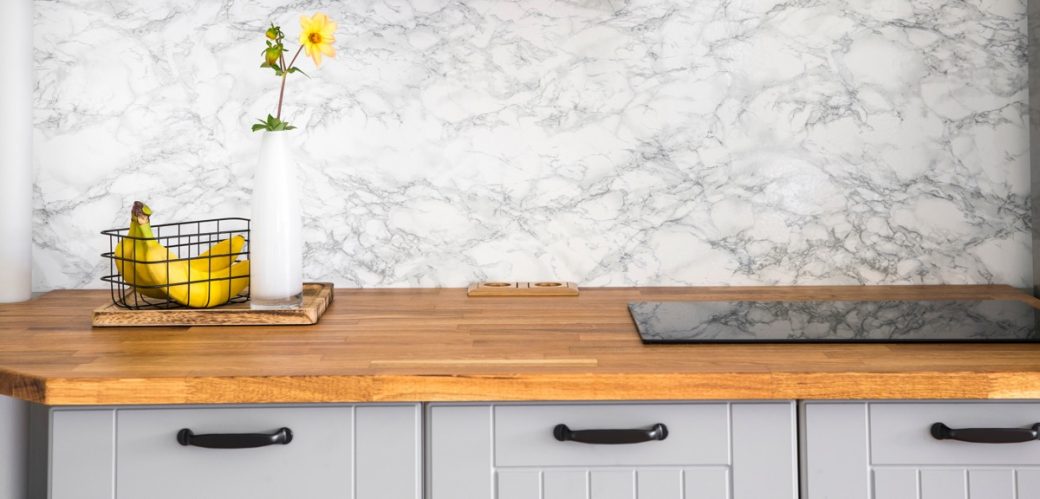Gordons Bay’s unique coastal setting and varied climate introduce specific factors that make home inspections particularly important. The town’s proximity to the ocean means that properties are exposed to high levels of humidity and salt, which can impact various aspects of a home. During a home inspections gordons bay, inspectors will focus on how these coastal conditions affect the property. They will examine roofing materials for signs of salt damage, check for corrosion on metal fixtures, and assess the condition of the foundation and siding. Identifying these issues early helps prevent unexpected repair costs and ensures the longevity of the home.
If a buyer finds issues with a property, they can request that the seller make repairs or lower the price of the home. Alternatively, the buyers can choose to walk away from the deal.
Peace of Mind
Whether you are buying or selling a property, having a professional home inspection is a smart move. It can save you money and stress down the road. A home inspector checks important features of a house to ensure that they are functioning properly and up to code. These include electrical wiring, heating and cooling systems, the plumbing system, and more.
A home inspection can also help a buyer understand what potential problems they may face after buying the house. This knowledge can be used as leverage during negotiations with the seller. For example, a buyer may ask the seller to make certain repairs before closing on the house.
Even if the home has no major issues, a home inspection is still worth it. It will provide you with peace of mind, knowing that you made a wise decision. It can also help prevent you from having any regrets after moving into the house. This is especially true if you discover problems that could have been expensive to fix later on.
Due Diligence
Home inspections are an essential part of any real estate transaction, whether a homeowner is selling their home or buying a new one. These visual inspections help buyers understand the condition of the property and avoid any surprises that might lead to costly post-transfer repairs.
Inspectors look for leaning walls that indicate a faulty foundation, stained ceilings that could mean water damage and other potential structural problems. They also make sure that kitchen range hoods vent to the outside, all electrical outlets are grounded and have ground-fault circuit interrupter protection and that all bathrooms have functioning toilets, sinks and showers.
If the inspector finds any serious issues, the buyer can request that the seller pays for the repairs or decline the purchase. Alternatively, the buyer can ask for a price decrease or credit to offset the cost of addressing the problems. You can find building and home inspectors on the internet, especially through search sites such as Uptasker that list suppliers by geographical area and provide online ratings and reviews.
Reduced Risk
Home inspections help reduce the risk of buying a property that turns out to be less than ideal. As such, it’s important for home buyers to have a home inspection done before closing on a property. This is because it allows them to identify issues that may need to be addressed, which can save them money and hassle in the long run.
Additionally, a home inspector can also uncover issues that would otherwise go unnoticed. This includes discovering things like illegal room additions, which can impact insurance rates, taxes, and usability of a space.
For sellers, having a home inspection done before listing can help them increase the value of their home. This is because it gives them the opportunity to address any problems that would otherwise be discovered by potential buyers during their inspection. This can make the sale of a property much easier, faster, and more profitable. In addition, it can help reduce liability by showing that a seller is open and honest about their property.
Save Money
Home inspections can save you money in a number of ways. They help you avoid buying a “money pit” (a home that will require constant repairs and maintenance to keep it in decent shape). A home inspector can spot issues such as foundation cracks, which can indicate instability; roofing problems, including leaks and damaged shingles; and electrical problems, like outdated wiring.
Having an idea of future repair costs can also help you budget for them. Lastly, a home inspection can give you powerful negotiating leverage during the purchase process. If the home has major issues that need to be addressed, you can ask the seller to make repairs before closing or even renegotiate the price of the home.
A home inspection is a crucial step in the home buying process. By taking the time to perform a thorough inspection, you can be sure that you are making a wise investment. A professional home inspector will provide you with a comprehensive report that will help you understand the condition of the property and make an informed decision.

